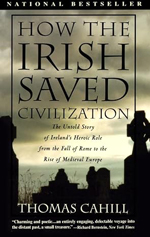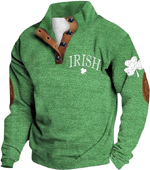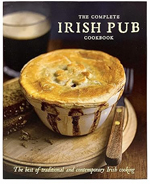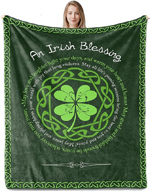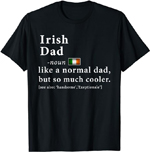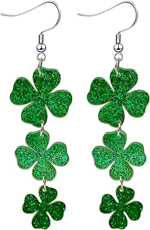Since the dedication in 2000 hundreds of people come to the Memorial Site to remember and honor those who fled the famine and left Ireland to seek a better life in America. Sadly, the "coffin ships" kept many from reaching our shores. Many of our ancestors were among those brave people - some perished and some were able to make their way here. 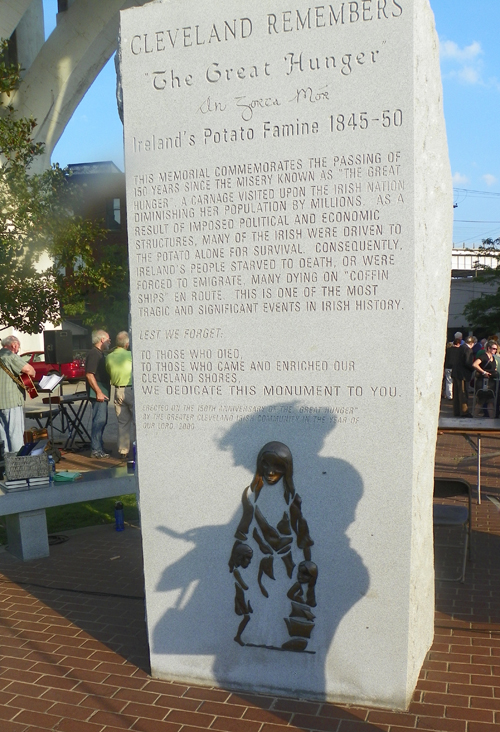 Irish Famine Memorial in Cleveland
Irish Famine Memorial in Cleveland
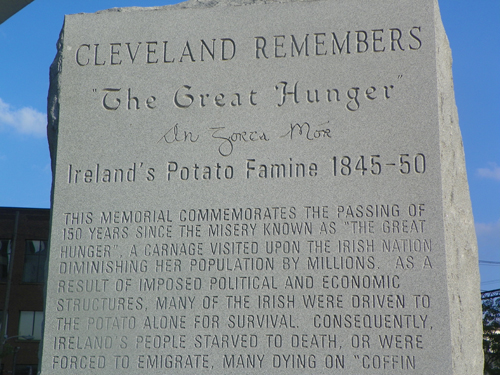
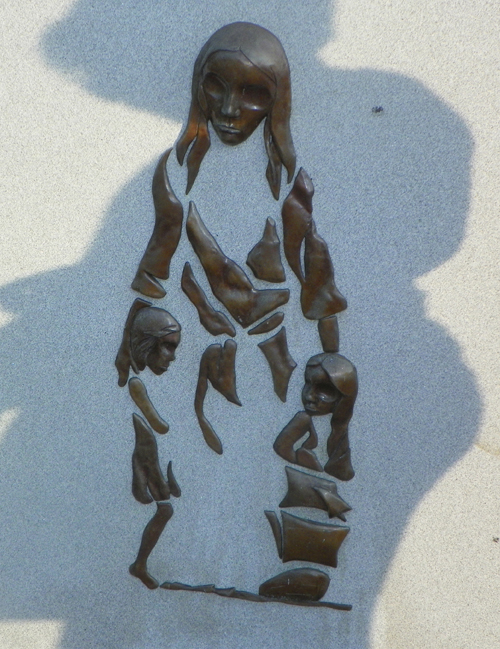
This Mass is a way of remembering the many Irish men, woman and children who sacrificed so much to give us a better life. Father Jim O'Donnell blessed the Celtic Cross in Cleveland's Flats that commemorates those who died in the Irish Potato Famine. 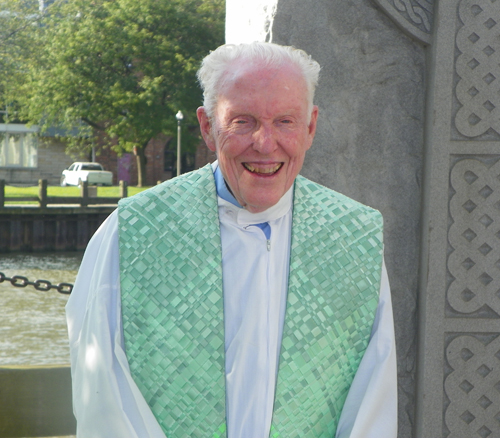 Father Jim O'Donnell
Father Jim O'Donnell
The St Malachi Choir then sang at the 15th Annual Irish Famine Memorial Mass.
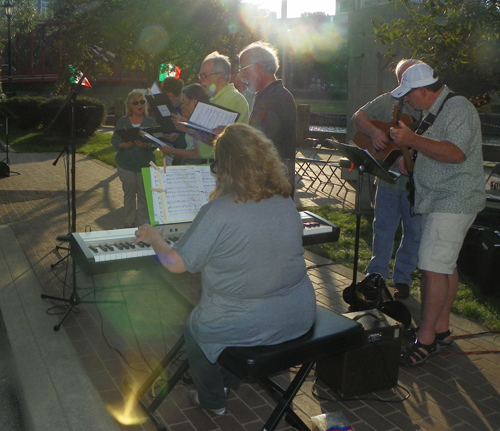 St Malachi Choir
St Malachi Choir
Father Jim O'Donnell spoke in front of the Celtic Cross in Cleveland's Flats that commemorates those who died in the Irish Potato Famine. 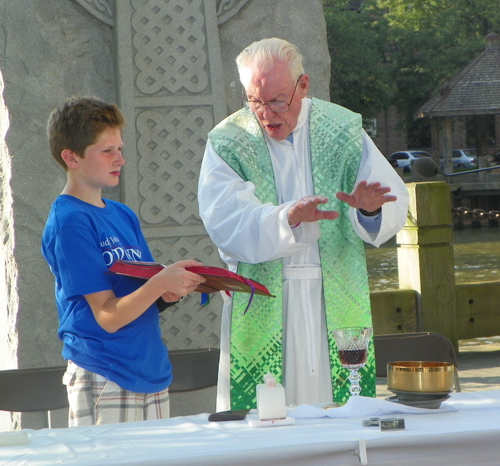 Father Jim O'Donnell
Father Jim O'Donnell
In his sermon at the 15th Annual Irish Famine Memorial Mass Fr. O'Donnell told how the Choctaw Indians, who had just survived the Trail of Tears, helped the Irish people with the few funds that they had.
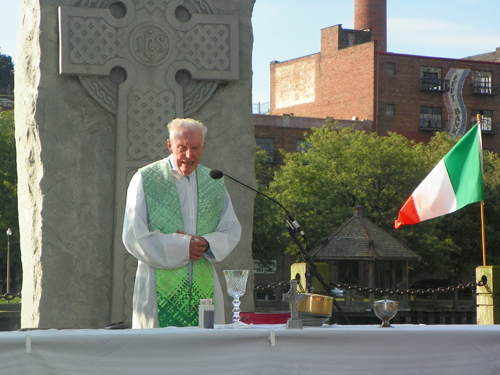 Father Jim O'Donnell
Father Jim O'Donnell
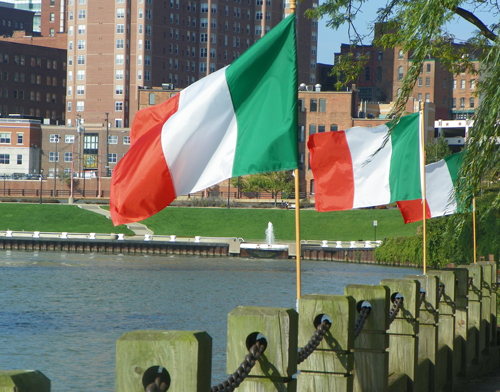
The Choctaw Trail of Tears was the relocation of the Choctaw Nation from their country referred to now as the Deep South (Alabama, Arkansas, Mississippi, and Louisiana) to lands west of the Mississippi River in Indian Territory in the 1830s. A Choctaw minko (chief) was quoted by the Arkansas Gazette that the removal was a "trail of tears and death." After removal the Choctaws became three distinct groups, the Choctaw Nation of Oklahoma, Jena Band of Choctaw Indians, and the Mississippi Band of Choctaw Indians.
The Choctaw people have a history of helping others - one of the best examples is the $170 that was given to the Irish in 1847 during the potato famine. To realize the beauty and generosity of this story, one has to understand what a challenging couple of decades this had been for the Indian people.
In 1831 the Choctaw Indians were forcibly removed from their ancestral lands in Mississippi to what is now known as Oklahoma. The Choctaws were the first of several tribes to make the trek along The Trail of Tears. The years during and immediately following this journey were very difficult for the tribal people. The winter of this particular Trail of Tears was the coldest on record - the food and clothing of the people were severely inadequate and transportation needs were not properly met. Many of the Choctaws did not survive the trip, and those that did not perish faced hardships establishing new homes, schools, and churches.
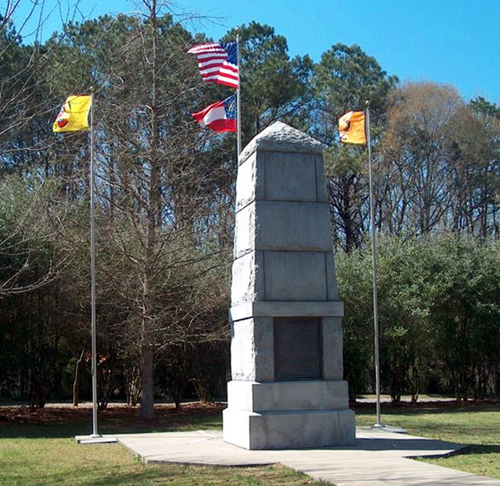 Trail of Tears memorial in New Echota
Trail of Tears memorial in New Echota
This charitable attitude resonates still today when crisis situations occur across the world. In 2001, tribal people made a huge contribution to the Firefighters Fund after the Twin Towers attack in New York City and have since made major contributions to Save the Children and the Red Cross for the 2004 tsunami relief and 2005 Hurricane Katrina and victims of the Haiti earthquake. Good works are not exclusive to humanitarian organizations and funds. The Choctaw Nation received the 2008 United States Freedom Award for the efforts made for the members of the National Guard and Reserve and their families. There are countless stories of Choctaw individuals and churches who have looked past their own needs to help their neighbors. "It is only right that the tribe share what God has so generously allowed us," said Choctaw Chief Gregory E. Pyle.
The people of Ireland have never forgotten the kindness shown from the Choctaw Indians. The Irish, realizing that these Native American had delved deep into their own pockets for what little they had to share, have welcomed delegations from the Choctaw Nation and have visited the tribal lands in Oklahoma. In 1992, a plaque was unveiled at the Lord Mayor's Mansion in Dublin, Ireland that reads, "Their humanity calls us to remember the millions of human beings throughout our world today who die of hunger and hunger-related illness in a world of plenty."
Back to Top
Back to Cleveland Irish
Back to Cleveland Native Americans | 

